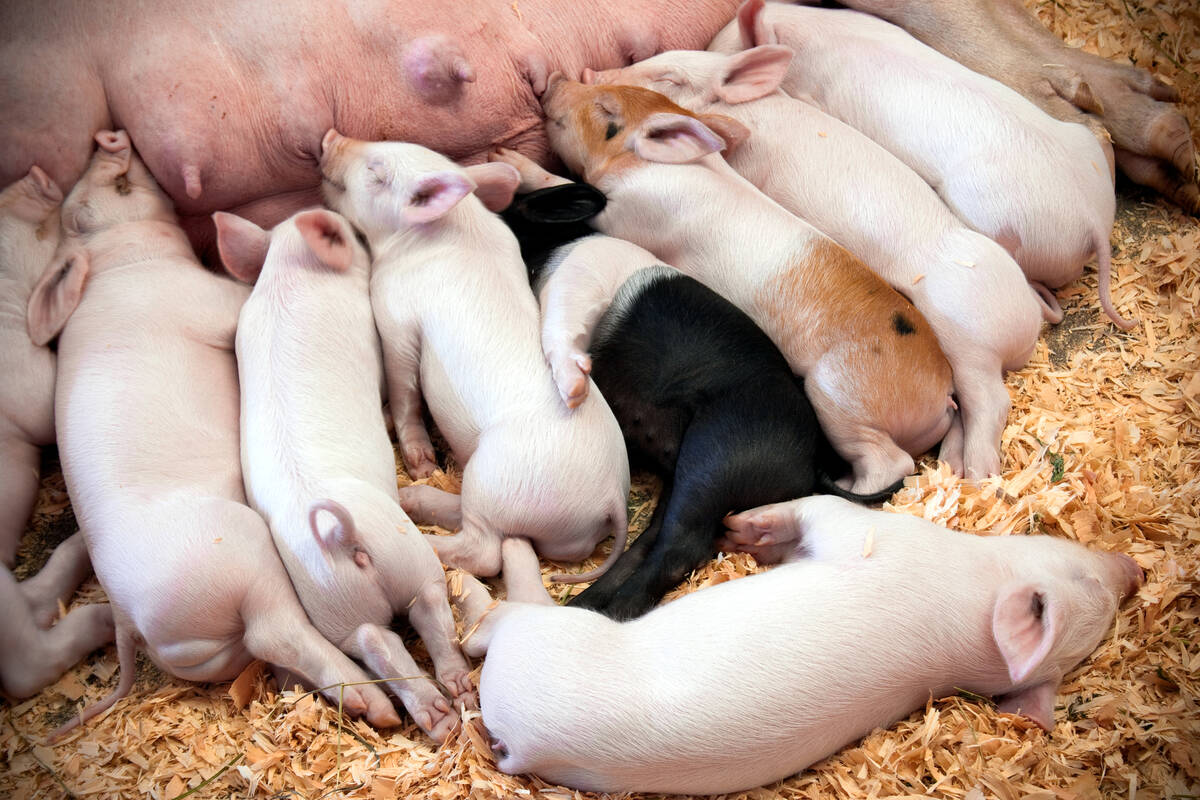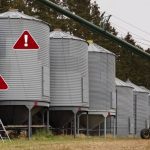BANFF, Alta. – When it comes to planting potatoes, there’s a four letter word every growers knows.
Rocks.
If Canadian seed potato producers can guarantee their seed shipments contain no rocks, hard dirt lumps or other foreign objects that jam machinery, their reputation will continue to improve among commercial growers across North America.
Guaranteeing clean seed was one tip passed on by Rob Thornton of Agro-Northwest. A large-scale Wash-ington commercial grower, Thornton plants over 10,000 acres of potatoes a year.
“Two rocks can make a big impression on a grower,” he said at the recent Potato Growers of Alberta convention in Banff.
Read Also

First-time pig mothers may need more lysine
Lysine feed recommendations may fall short for gilt pregnancies when it comes to making sure the mother pig can produce as much milk for her piglets as possible
Uniformity is the key
Secondly, commercial growers buying Canadian seed want uniform-sized tubers because they produce uniform plants which grow even, well-formed potatoes.
Nor do commercial growers want oversized tubers with few eyes because if they have to cut seeds too many times, each piece will set a different plant and lead to several plants clumped too closely together.
“Normally we like a two-ounce seed piece,” said Thornton.
When seed potatoes are sliced, Thornton said his company throws away pieces from the ends that look like slivers because they seem to be responsible for growing out weak plants with undersized potatoes.
Processors making fries and chips penalize growers for small potatoes.
Large growers also want disease-free stock.
Late blight, a fungal disease, has hit American growers hard in the last two years.
Canadians need to find strains of potatoes that don’t have late blight and make sure their customers know all the seed producers from their area don’t have this disease.
“It’s important for you guys to stick together and take preventative measures and keep late blight out,” said Thornton.
To ensure they are getting quality, Thornton’s company offers long-term contracts to growers they know send quality, disease-free stock every year.















